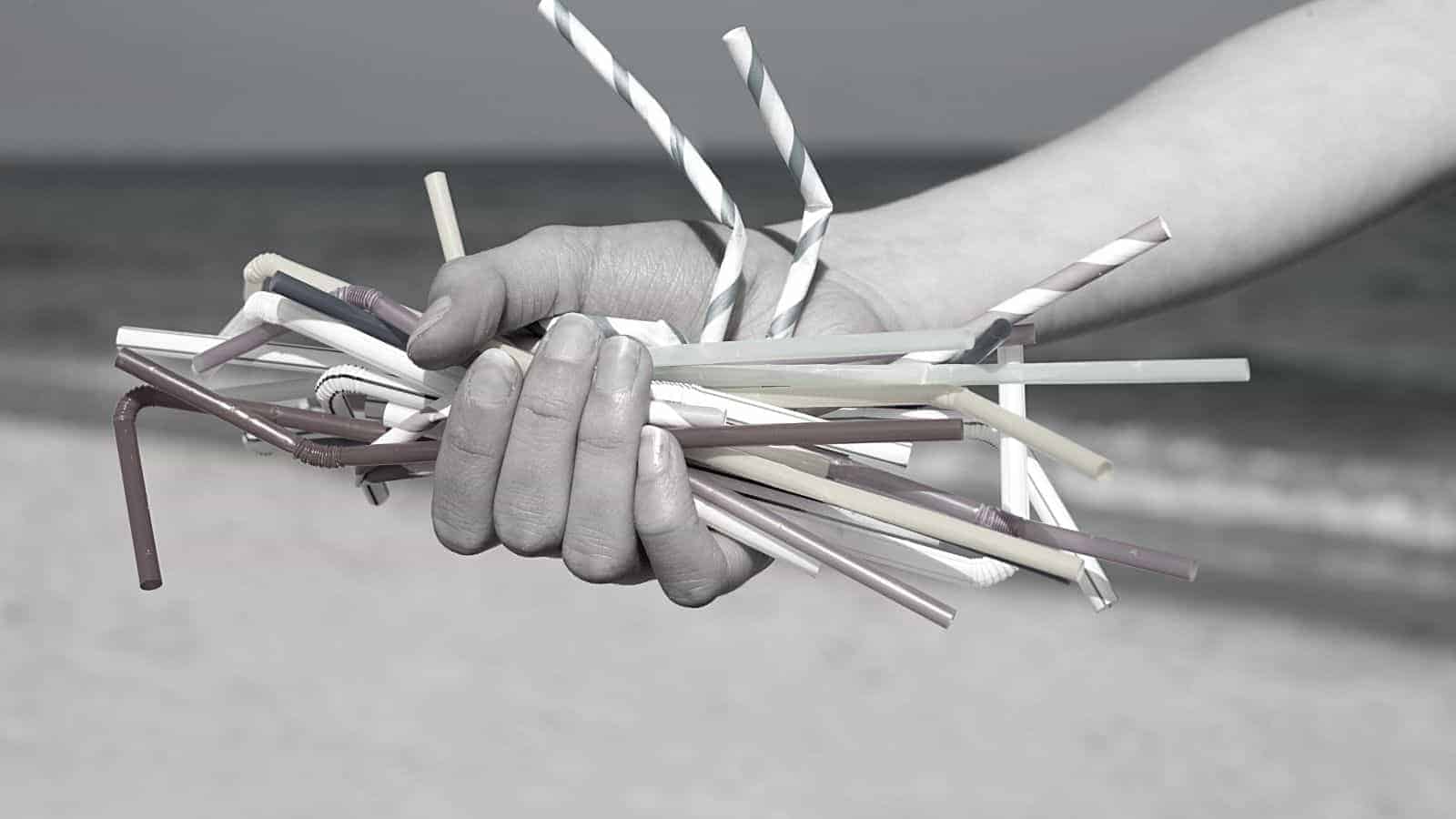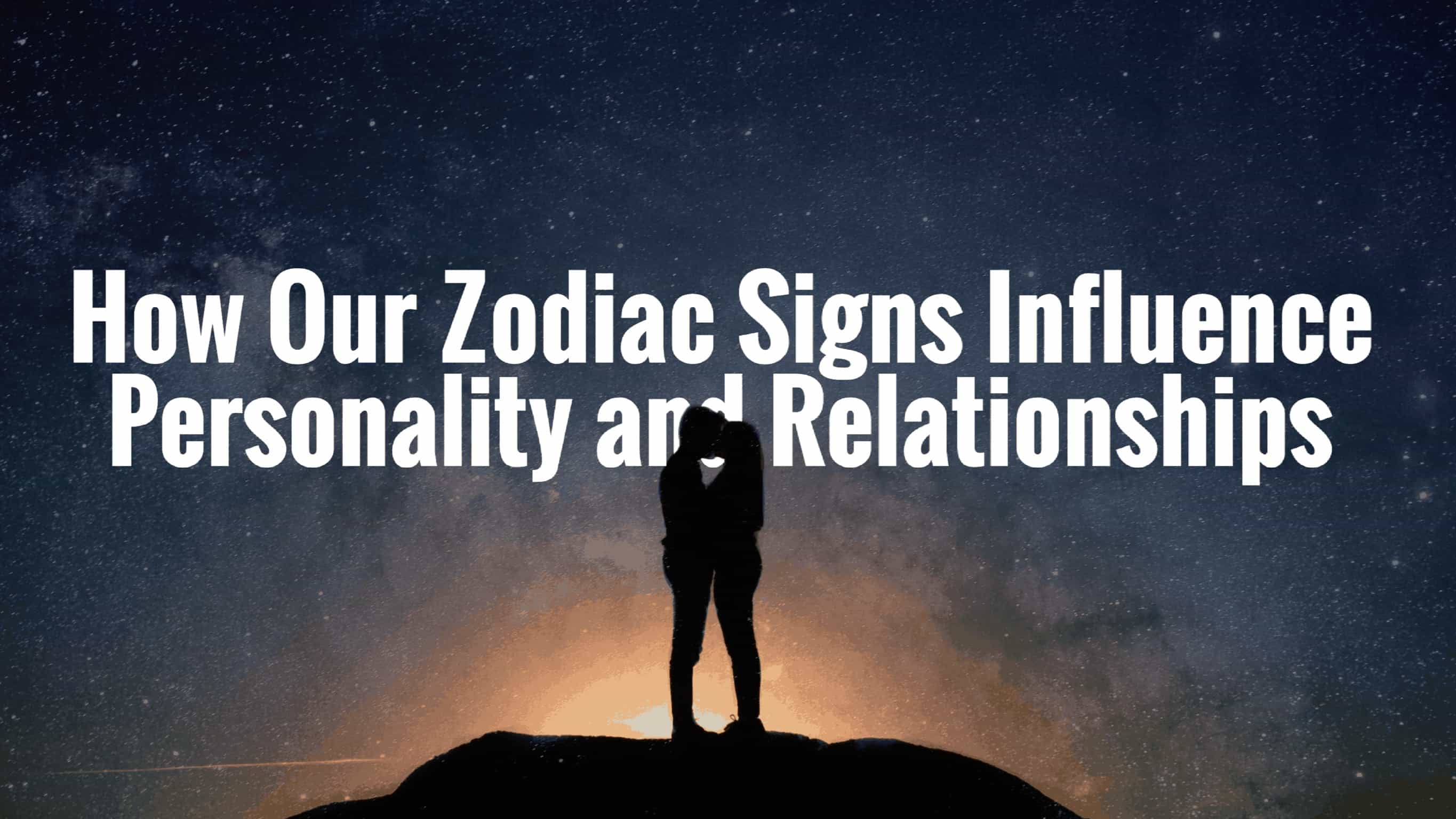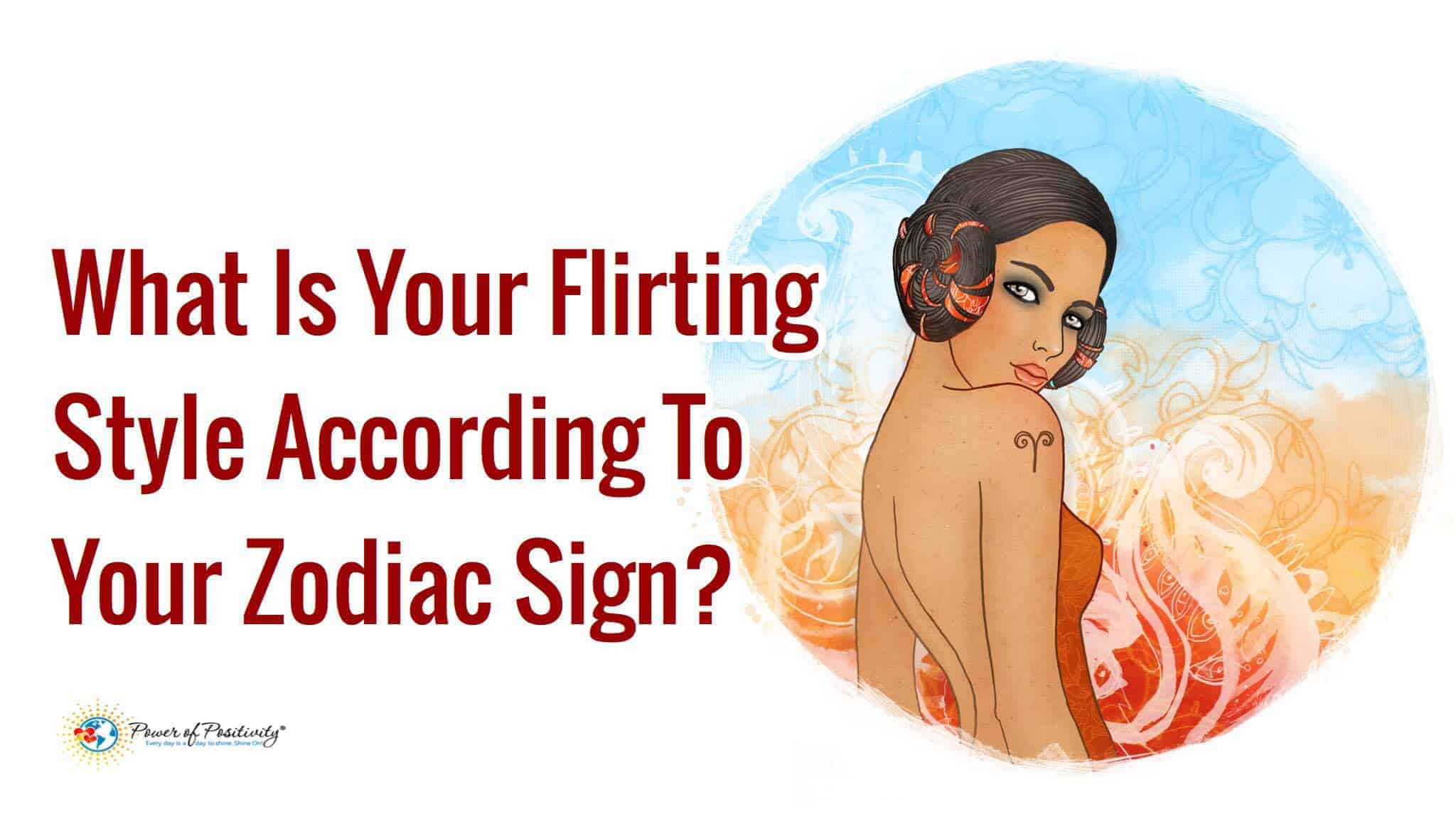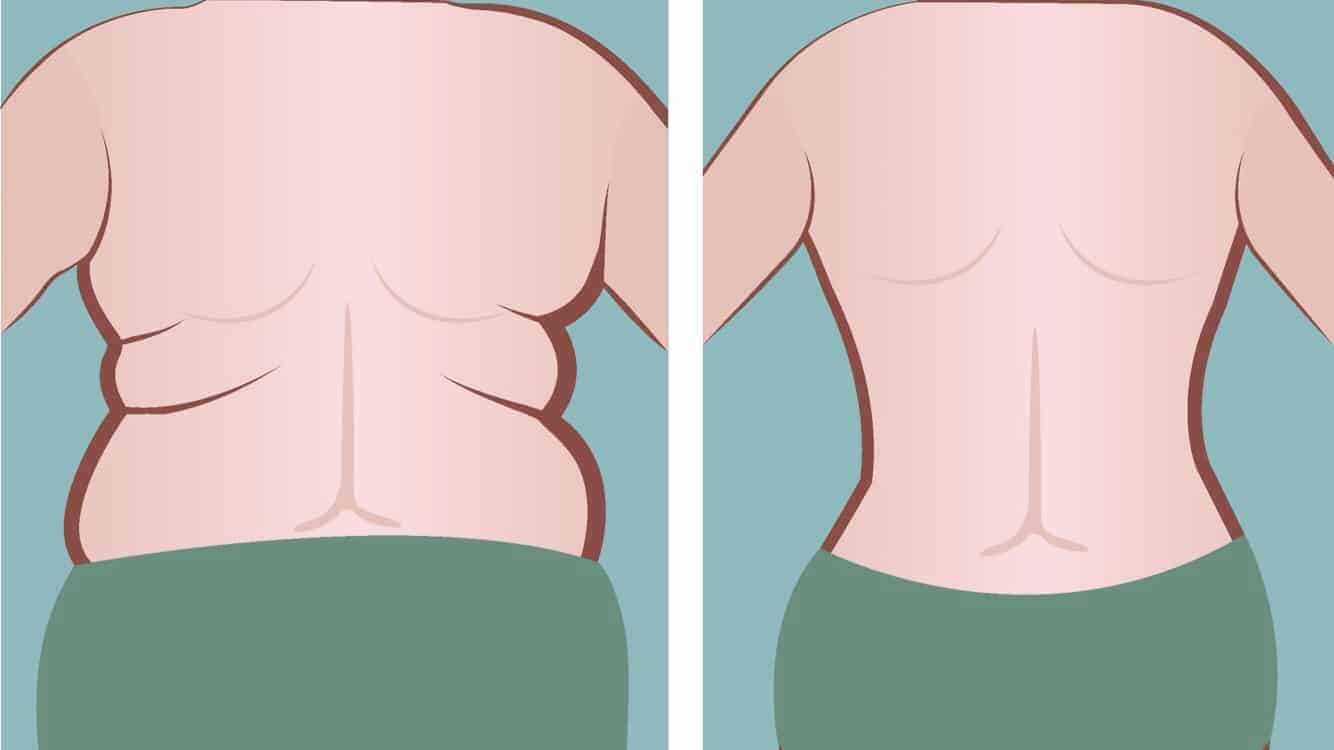A law prohibiting single-use plastic straws, stirrers, and cotton buds went into effect earlier this month in the UK. The legislation makes it illegal for businesses to sell or distribute these plastic items. April was the original deadline for the ban to go into effect. However, the government postponed it due to the pandemic. Due to disruptions in the supply chain, it would’ve caused even more upheaval to enact the ban at the height of the virus.
In almost all circumstances, businesses are now prohibited from using or selling the single-use plastics listed above. However, exceptions exist to allow hospitals, bars, and restaurants to provide plastic straws to disabled people or those with certain medical conditions.
Even though the legislation had been postponed, Environment Secretary George Eustice says the government is “firmly committed to tackling” the plastic pollution issue. He says the ban on single-use plastics marks a big first step in the battle against plastics in the environment. Protecting the oceans and planet for future generations begins with eliminating harmful waste items from distribution, including single-use plastics.
Other environmentally-friendly policies that started in the UK
He goes on to say that the UK leads the way in the global fight against plastic pollution. In fact, beginning in 2015, the government enforced a policy that would allow supermarkets to charge for single-use plastic bags. They will double in price from five-pence to ten starting next spring.
So far, Eustice says that sales of plastic bags in the main supermarkets have decreased by 95% due to the policy. They estimate that nine billion bags have been taken out of circulation.
In addition to the ban on single-use plastics and the decision to charge people for bags, microbeads have been banned as well. Two years ago, the government prohibited the sale of all products containing microbeads, which are tiny pieces of plastic. You can often find them in cosmetics and personal care products such as soaps, face washes, and toothpaste. Because they don’t dissolve in water, they make great exfoliants and can effectively scrub away dirt or oils built up on the skin. However, due to their durability, they wreak havoc on the environment and threaten wildlife.
“The effect is similar to grinding up plastic water bottles, other products of concern to environmentalists, and pumping them into oceans and lakes,” The New York Times wrote.
 What makes microbeads so harmful?
What makes microbeads so harmful?
Microbeads measure less than 1 millimeter in length. The tiny size makes it easy for them to pass through filtration systems at water treatment plants. This means trillions of microbeads seep into waterways, harming marine life and humans who drink the water. In the U.S., 808 trillion microbeads get washed down the drain each day, according to a study published in Environmental Science & Technology by the American Chemical Society.
Experts estimate that around 8 trillion microbeads enter directly into rivers and lakes at the wastewater treatment plant. That equates to covering 300 tennis courts every day with microbeads and then dumping the waste into waterways. The other 800 trillion beads end up in sludge, which later becomes a part of fertilizers used on grass and soil. Those microbeads may enter into water sources via runoff.
Just one shower can result in 100,000 microbeads being released into the ocean, British MPs said. The US passed a law banning plastic microbeads in soap, toothpaste, and body washes beginning in 2015.
Plastic bottle deposit program
The UK government also plans on tackling the single-use water bottle pollution problem. They want to introduce a deposit return scheme to reduce the number of bottles in circulation and increase recycling rates. In the UK alone, consumers buy around 13 billion plastic drink bottles per year. More than three billion get incinerated, sent to landfills, or end up polluting the environment.
To deal with this problem, the government wants to try a program that would pay people for returning their bottles. They would use ‘reverse vending machines’ where consumers insert a can or bottle, and the machine returns the money. Once the bottle gets returned, then businesses make sure they get recycled. In Germany, this has led to a 97% recycling rate, and Denmark and Sweden have similar programs as well.
How does the UK program work?
In those countries, consumers pay an up-front deposit when they purchase a drink, ranging from 8-pence in Sweden to a hefty 22-pence in Germany. They get the money back when they return their drink; the UK government wants to enforce a similar program. Although, they discussed doing away with the deposit and just giving out cash rewards for returning bottles.
It seems that Europe leads the way when it comes to enforcing environmentally friendly policies. In the UK, the government sees the most recent ban as another important step toward a cleaner planet. The Department for Environment, Food & Rural Affairs (DEFRA) said the UK went through around 5 billion straws, 316 million plastic stirrers, and 1.8 billion cotton buds yearly.
While the government sees the ban as a huge success, activists like John Read, founder of Clean Up Britain, say much more needs to get done. He says the government deserves credit for getting people to clean up their act. But he also notes that people will have to change their behavior, ultimately.
He says a national behavioral change campaign needs to really question their actions and how they coexist with the environment. Finally, he goes on to say that people need to understand that they pollute the environment every time they buy single-use plastics. Since we can never truly throw things “away,” we should ultimately consume less or choose more environmentally friendly products.
 A new challenge emerges.
A new challenge emerges.
Unfortunately, the pandemic has shed light on another problem: disposable PPE. All around the world, people have been taking pictures of masks that end up in waterways or on city streets. In the UK, the RSPCA’s Head of Wildlife Adam Grogan says they’ve been getting calls about animals getting caught up in masks.
“We are seeing an increase in numbers of animals getting caught up in things like masks… they’ve got their legs or other parts of their bodies entangled in things like the elastic bands that go over the ears.”
He says that the ban on single-use plastics should bring attention to the problem of disposable PPE in light of the pandemic. Grogan says that we should try to use washable masks when possible, as this will greatly cut down on PPE pollution.
Plastic bans–coming to the USA?
While the plastic pollution problem may take decades to solve, it’s promising that many countries have started to take action. These policies will help people become more aware of their consumption habits and perhaps cause them to question their lifestyles. Banning straws, cotton buds, and stirrers in the UK will eliminate trillions of unnecessary plastics from waterways and streets.
In the U.S., some places have already banned plastic straws, including the following:
- California
- Seattle, WA and Edmonds, WA
- Washington, D.C.
- Monmouth Beach, New Jersey
- Miami Beach, FL and Fort Myers, FL
- New York City and Hawaii have pending straw ban legislation
Plastic straw alternative products:
However, in a world where many people enjoy eating out and getting take-out beverages, we need to think about alternatives. According to the Plastic Pollution Coalition, a global alliance of more than 1,200 organizations, here are some alternatives to plastic straws:
- glass straws
- metal straws
- collapsable plastic-free straws
- bamboo straws
- sustainable disposable straws (made of paper, grass, seaweed, etc.)
- heritage grain straws
- pasta straws (who knew you could make straws this way?!)
If you click the link above, you can get some more ideas. But it’s good to know that so many eco-friendly alternatives to plastic exist. A little human creativity and ingenuity can go a long way in eliminating waste on our planet. Everything we do can either help or harm our environment; we just have to remember our connection to the bigger picture.
Much of the plastic we use ends up as waste in landfills, the ocean, and in the stomachs of wildlife. It also ends up inside of us, from the food and drinks we consume daily. If we want a cleaner future, we must act now and make more sustainable choices for ourselves and future generations.
 Final thoughts on the plastic straw and stirrer ban in the UK
Final thoughts on the plastic straw and stirrer ban in the UK
The UK government recently enforced a ban on plastic straws, stirrers, and cotton buds. This will eliminate trillions of plastic items from the environment and serves as an important step in creating a better future. The UK also banned selling products containing microbeads a couple of years ago and plans to create a deposit return scheme for water bottles.
Hopefully, the U.S. will follow suit on the plastic straw ban. So far, California and several cities across the U.S. already ban plastic straws. While straws make up only a small portion of plastic pollution, banning them will help us transition to a more eco-friendly world.

















